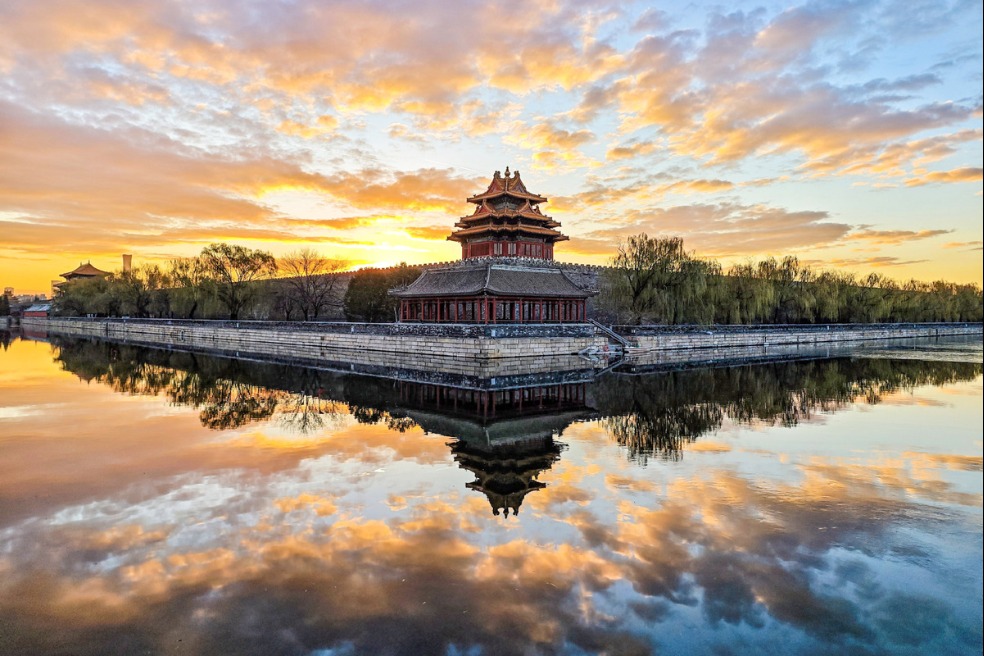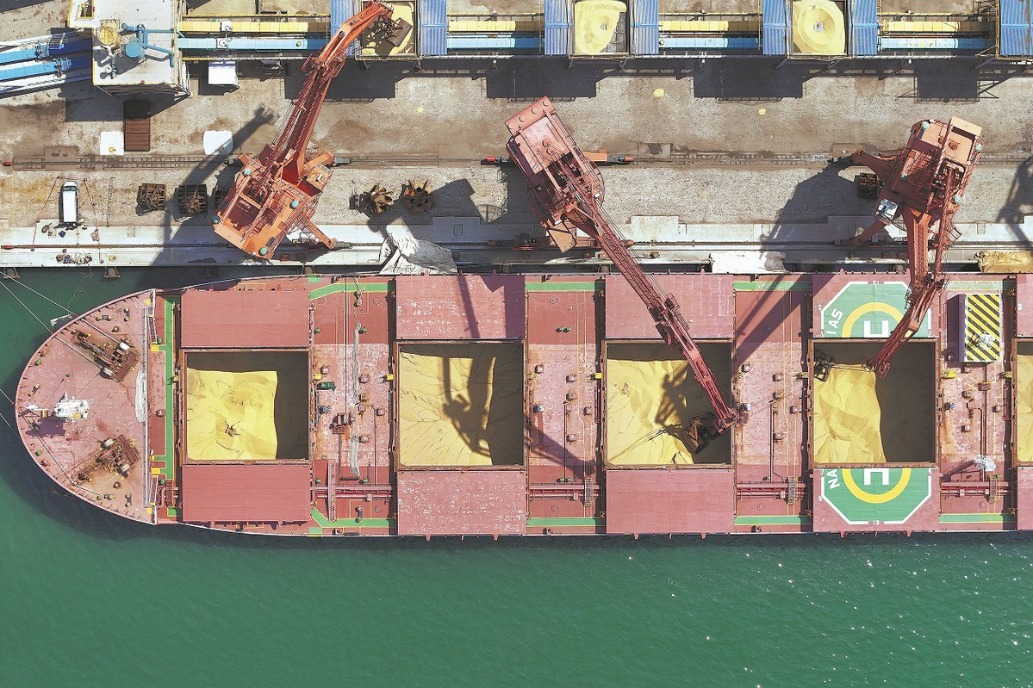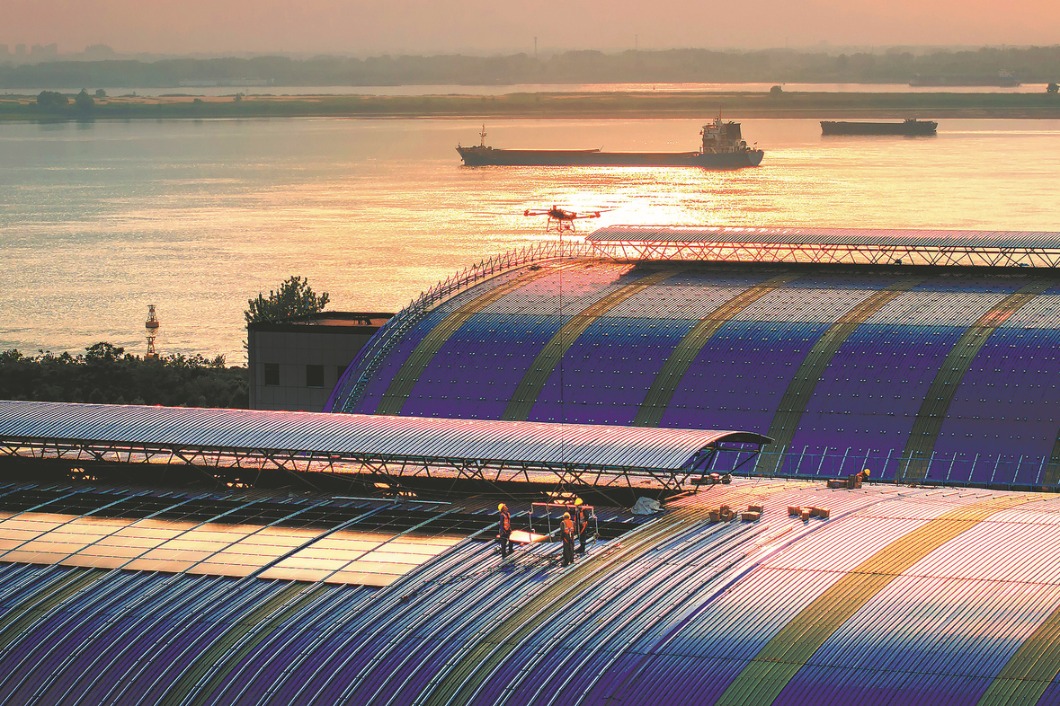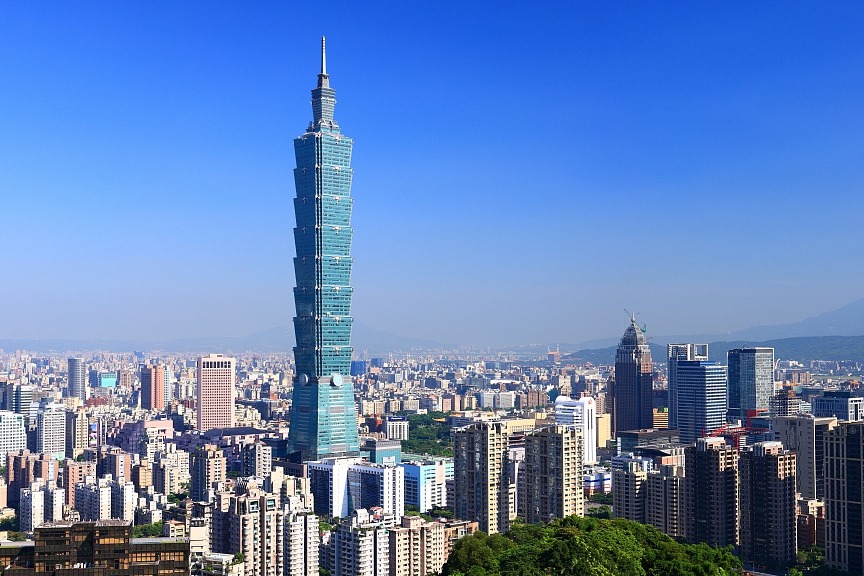China-EU collaboration vital for sustainability: China Daily editorial

The official visit of Denmark's Minister for Foreign Affairs Lars Lokke Rasmussen to China, from Saturday to Tuesday, and China's willingness to collaborate with France on multilateral international affairs, as expressed by Chinese Vice-Premier He Lifeng on Thursday while co-chairing the 10th China-France High Level Economic and Financial Dialogue, highlight the enduring partnership between China and the European Union.
The building of the bonds between China and the EU over the past five decades serves as a testament to the power of collaboration despite significant differences. With the world facing growing challenges and complexities, China and the EU have compelling reasons to reflect on the positive development trajectory of their relations over the past five decades. The founding principles of the European Economic Community in the midst of the Cold War era emphasized the promotion of economic development, stability, and closer relations among member states, reflecting a vision for a prosperous and interconnected Europe that accords with China's vision of a global community with a shared future.
While the EEC's initial focus due to geopolitical considerations leaned toward strengthening ties with the United States during the Cold War, the foresight of the founding members in recognizing the importance of cultivating relations with China underscores their strategic wisdom. Today, European leaders should display similar foresight and vision, acknowledging the shifting global dynamics.
Reviewing the journey from the divergent landscapes that characterized China and the EU in 1975 to the establishment of a comprehensive strategic partnership in 2003 highlights the remarkable progress achieved through mutual cooperation. The exponential growth in bilateral trade, which surged from $2.4 billion annually 50 years ago to $786 billion in 2024, highlights the strength and depth of the partnership between the two sides.
Chinese Foreign Ministry Spokesman Lin Jian's emphasis on the extensive dialogue mechanisms and shared understandings between China and the EU highlights the constructive strides that have been made in their relationship. The substantial development dividend that China has been able to share with its trading partners after its accession to the World Trade Organization and its attraction of foreign direct investments, coupled with its significant contributions to global economic growth, underscore the mutual benefits produced by collaboration.
To further enhance their collaboration, China and the EU must prioritize strategic communication, foster mutual trust, and work toward a shared vision for a sustainable and environmentally conscious global community. Trade and investment, when conducted with a focus on mutual benefit and transcending ideological boundaries, would yield substantial gains for both parties.
In a world where challenges such as climate change, pandemics, and economic disparities require collective action, it is imperative to avoid divisive approaches that threaten global unity. Embracing cooperation over confrontation and rejecting a zero-sum mentality is essential for fostering sustainable growth and innovation in an increasingly interconnected world.
While external pressures and influences may impact decision-making, it is crucial for the EU to navigate its relationships with prudence and autonomy. Decisions such as the risk-based approach to Huawei 5G under US pressure and restrictive investment screening policies targeting Chinese companies risk hindering progress toward shared green and digital ambitions. By embracing mutually beneficial partnerships with Chinese entities, the EU can drive advancements in areas such as electric vehicles and renewable energy, solidifying its position as a leader in climate action.
The China-EU partnership stands as a testament to the benefits of mutual respect, shared benefit, multilateralism, and collaborative efforts. As the US navigates its changing role on the global stage, the EU should assert its independence and chart a course that aligns with its long-term interests and values. By nurturing and expanding their partnership, China and the EU can pave the way for a prosperous and interconnected future that lifts not only themselves but the entire world. It is through such strategic collaborations and forward-thinking partnerships that the world can navigate the complexities of the times and build a more sustainable and inclusive global community.


































